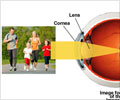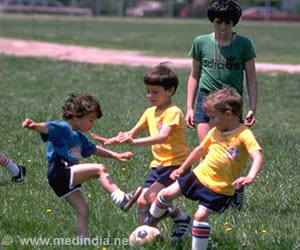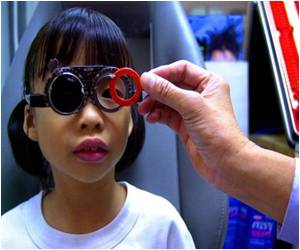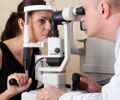The gene variant may increase the amount of APLP2 protein produced in the eye, which in turn may cause the eye to undergo excessive elongation.
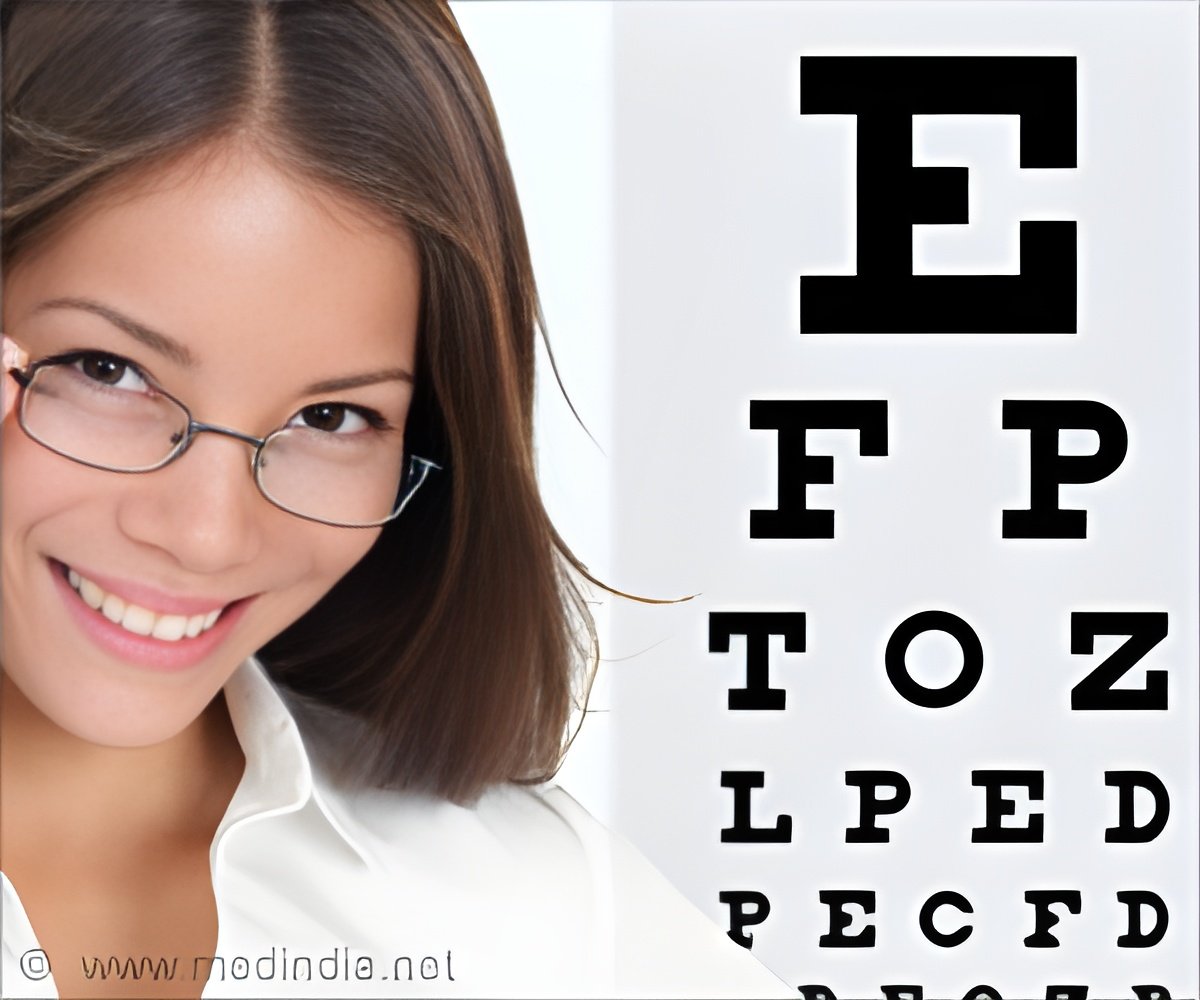
Study lead investigator Andrei Tkatchenko from Columbia University Medical Center in the US said, "This is the first known evidence of gene-environment interaction in myopia. The gene variant may increase the amount of APLP2 protein produced in the eye, which in turn may cause the eye to undergo excessive elongation."
Researchers found that mice exposed to a visual environment that mimics reading were less likely to develop myopia when little APLP2 protein was present in the eye. Tkatchenko said, "By reducing the level of APLP2 in the eye, you can reduce susceptibility to environmentally induced myopia. This gives us an opportunity to develop a therapy to prevent myopia in everyone, regardless of the APLP2 variant they carry. Developing such a therapy, however, could take years, as we do not yet know how APLP2 levels could be reduced in people."
The research was published in PLOS Genetics.
Source-IANS

